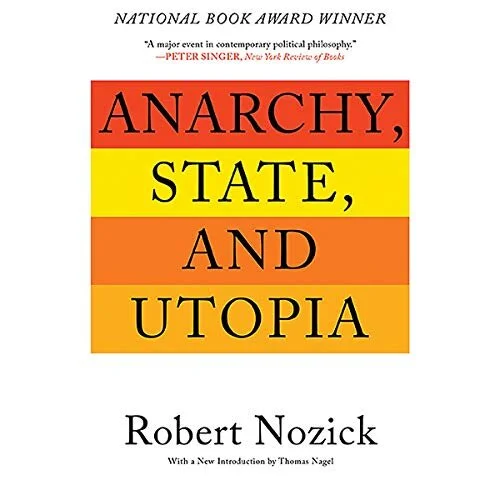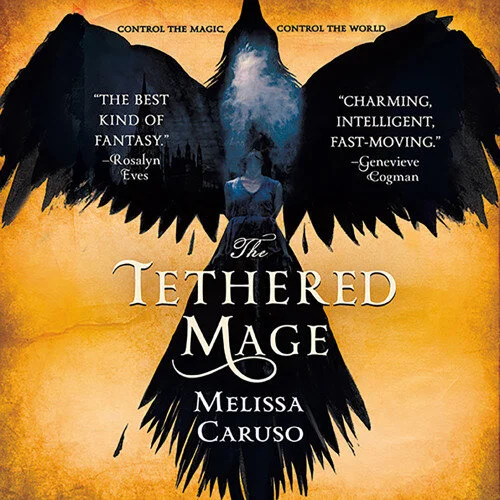Ada Palmer’s Terra Ignota novels show how national identity might evolve in a hyper-globalised future
National identity is very important to a great number of people. It helps them define who they are amongst the teaming mass of humanity. Even the most metropolitan, the most “open”, the most well travelled individual knows the familiarity of their homeland, its customs and quirks.
For many people their national identity is something they are proud of, a key part of their own identity. They feel it is something that should be protected, almost sacred, which makes sense as religion is usually tied up with ideas of national identity.
The question this raises is, are strong national identities compatible with a globalised world, where people move easily? Human beings have become much more mobile in the last few decades, but the salience of national identity remains. This has led to conflicts between the people who want (or need) to move and the people who value staying put. It has led to the rise of populist parties, who claim nation identity is being deliberately eroded to serve the interests of those who benefit from this globalised world (or those who simply like it).
Can the answer be found in the 25th century?
This conflict seems irreconcilable. It appears that either globalisation or national identity must go. However there is an alternative, which is that both concepts need to evolve to co-exist.
Ada Palmer’s Terra Ignota novels lay out a possible path for this. Terra Ignota is a series of three science fiction novels (the fourth is due to be published next year) set on Earth in the 25th century; a 25th century very different to our own. What makes the 25th century of Palmer’s novels unusual is that she has imagined entirely new ways that people in the future think and behave.
Most science fiction novels imagine new technologies, and sometimes new political structures, for their futures. Terra Ignota has these, but these novels also imagine new philosophies for the future. Palmer is a historian who studies the Enlightenment and how its ideas spread. She has imagined a future where the ideas set in motion by the Enlightenment have continued to evolve. Terra Ignota’s 25th century Earth doesn’t just have different technology and geo-politics, it has entirely new ways of thinking about the family, government and the nation state.
Evolving national identity
One of the technological advances shown in Palmer’s novels is an automated system of flying cars capable of taking anyone anywhere in the world within two hours. The novels explore how national identity might be different in a world where borders and distance (crucial parts of national identity) are meaningless. In this world, national identity hasn’t perished, people still consider themselves to be Greeks or Indonesians. In fact, these form a crucial part of some people’s identity. The concept of national identity hasn’t disappeared in Terra Ignota’s hyper-globalised world, but it has evolved.
In the future as shown in Palmer’s novels, one trend is for people to wear clothing that declares their identity (we’ll come back to this) and people’s national identity can be a part of this. People who feel that their national identity is an important part of who they are wear an armband declaring which nation strat they belong to (and the fact that it is important to them). This way people are able to express their national identity in a future where technological and political change has meant that there aren’t national governments or borders anymore.
Hive identity and national identity
As well as nation strats, the world of Terra Ignota has the ‘hives’, another analogy for nation states. The vast majority of the human race belongs to one of the seven hives: the Masons, the Cousins, the Humanists, the Mitsubishi, the Europeans, the Gordians and the Utopians. Its voluntary to join a hive (you don’t automatically join one based on who your parents were or where you were born) and you can leave at any point.
Each hive is different. Governed differently, structured differently, has a different language, a different culture and attracts different types of people. In many ways they are similar to nation states - apart from being voluntary.
Palmer has said that because the hives were created at different points in time between the present and the year 2454, the hives vary in how similar they are to nations. The older hives are more like nations, having geographical territory for example, and grew out of pan-national organisations such as the European Union and the Mitsubishi corporation (which became the European and Mitsubishi hives respectively). Others are post-national organisations, such as the Humanists and Utopians. They are collectives of like-minded people that are not bound by physical space.
Hive identity and personal identity
Joining a hive reflects how you see the world and the type of larger structure you want to belong to. The Mitsubishi hive is a corporation where decisions are made by shareholder voters and individuals can attain more votes by purchasing property. The Cousins are a family and decisions are made via a suggestion box. The Masons are an Empire with supreme authority invested in the Masonic Emperor.
Members of hives typically wear clothes that identify themselves as members of that hive such as Cousins wearing wraps and Utopians wear Griffin-cloth cloaks. Those who find all this too prescriptive are free to not join any hives and be hive-less.
Hives transcended national identity
Hives are a less combative form of national identity. Although there are rivalries between hives, there are not military conflicts between them for territory or resources. There is suspicion between hives but there aren’t acts of racism directed at members of each hive. In the world of Terra Ignota humans have transcended national identity and hatred based on these divisions (mostly).
The fact that it’s easy to join or leave a hive guard against a hive becoming too oppressive or a leader too authoritarian. To leave an authoritarian hive, someone doesn’t need to leave their home, make a dangerous journey and become a stranger in a different land. It’s an administrative process. Hives have solved a crucial problem of the nation state: liberal democracies can use borders to keep people out who need shelter, and authoritarians can use the borders to keep people who want to flee in.
The more flexible system of hives, that still provides people with ways to express their identity, is a sensible evolution of the concept of national identity for a hyper-globalised future. One of the hives is even a nation (the Europeans) and offers a home for everyone who believes that national identity is a crucial part of their identity.
A story about national identity
The Terra Ignota novels show a positive vision of what national identity could look like in the future. The people of the year 2454 still have the positive aspects of national identity, such as the Olympics (where athletes can compete under the banner of their national strat), but they no longer have the hatred and war that exists between today’s nation states. The novels show that national identity can evolve to still be relevant in a globalised world.
We don't need to give up the concept of national identity as incompatible with globalisation. Neither do we need to end the openness and ease of travel that has become a feature of the last few decades to protect the positive things that come from national identity.
As technology continues to progress, and travel and communication gets easier, our ideas about the concept of nation states need to evolve. That is one of the great strengths of Palmer’s novels: they show not only how our world might change in the future, but also how our thinking about it might evolve as well.











